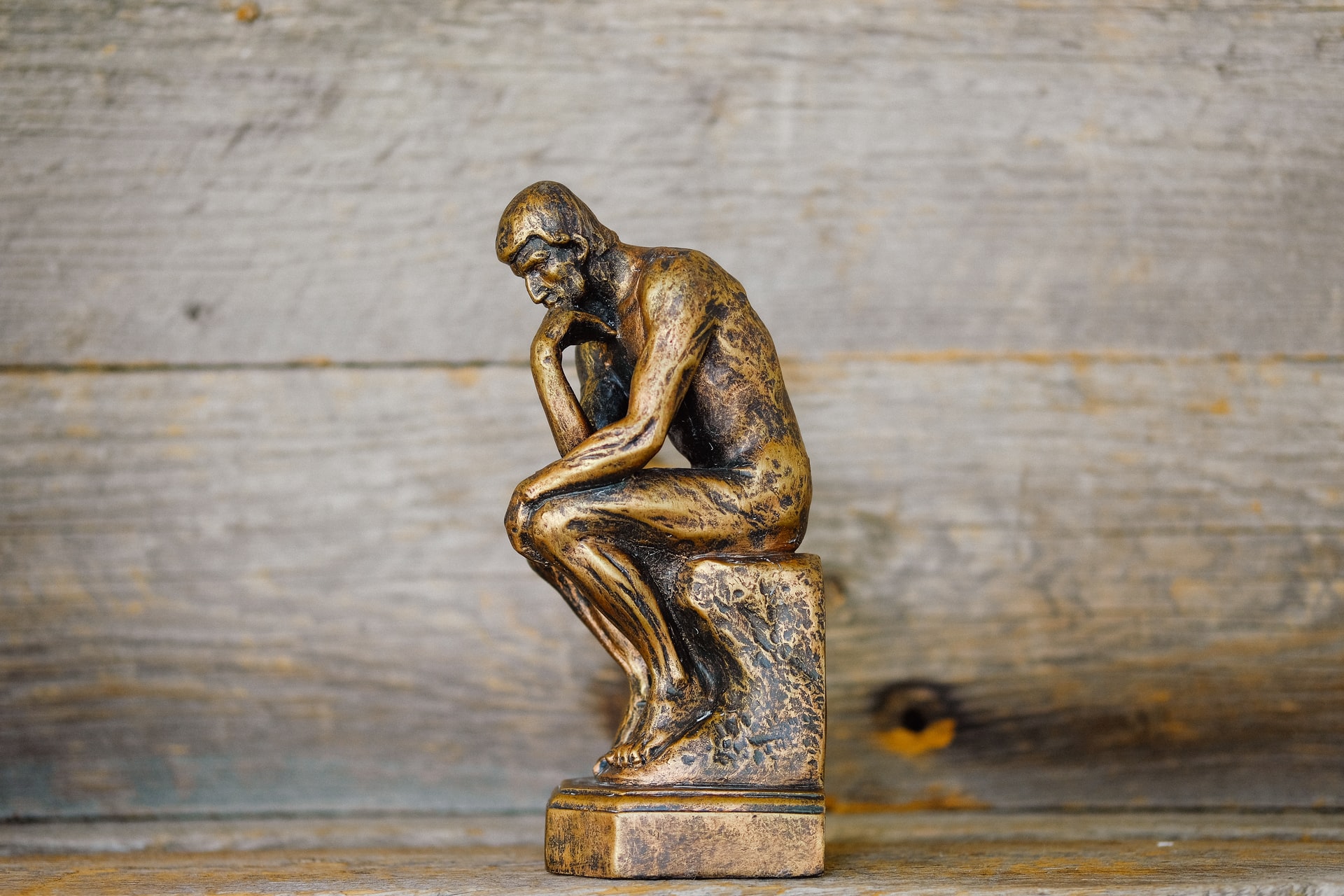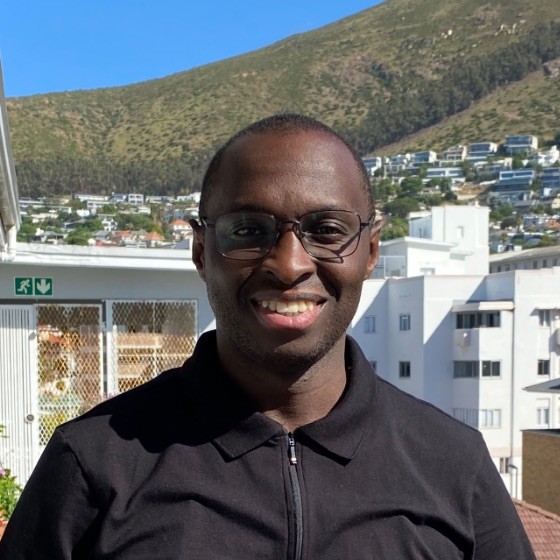21 April 2022
Reflection - A means to mastering your craft

In todays agitated world, where technologies come and go, where anxiety groans in despair on every tick of time as time itself sprints closer to that unbudging deadline, where our devices scream for our attention and the everyday things of life beg for their fare share, it is not too strange to say, that perhaps there is very little time for reflection.
In engineering and software engineering more specifically, focus is put on acquiring knowledge and transforming it into skills through practice, then applying said skill in creative ways to solve complex problems but is this enough to attain mastery of our craft? This is a question my mind has been mingling with for some time now.
On our journey to achieve mastery of a given subject, I believe we need to learn not only by doing but also by reflecting.
…students learn by doing, but only when they have time to reflect — Ambrose
Reflecting on past experiences, decisions, interactions with colleagues, failures, successes, bugs and designs, can help redirect ourselves and guide future action. Since reflection on past experience clearly involves experience, is it wise to believe that every experience we have been blessed with will be committed to memory and available at all times? I believe not. So, as an engineer how can you collect your experiences to aid future reflection? In the book, “The Pragmatic Programmer” by Andrew Hunt and David Thomas they present the concept of an Engineering Daybook which would be an agglomeration of an engineers every day experience, containing things learnt, mistakes made, sketches of ideas and what they did.
These experiences would then form the basis of a reflection exercise. The way I do this is by writing my experiences throughout the day as I go in a Notion page or journal. I have set two deliberate events in my calendar to remind me of these events at the end of every Monday and Friday workday.
This does not mean one can only reflect two days in the week. Just as investments grow more with compound interest, 10 minutes of reflection every day can help us improve ourselves a whole lot more. We will learn to be self-aware and it will be easier to commit these experiences to long term memory by means of deep and productive reflection. We will also improve the way we approach problems and learn from past mistakes.
We live in a world of high expectations. We are expected to deeply understand who we are, what we believe, and how we interact with others. Coming to such understanding involves reflection. In engineering, with the increasing emphasis on large-scale grand challenges, people oriented issues, rapidly changing work contexts, and lifelong learning, reflection has become even more important.
I hope this article has given you the push to start your own reflection journey so that you too can master your craft! I would love to hear your thoughts and experience.
